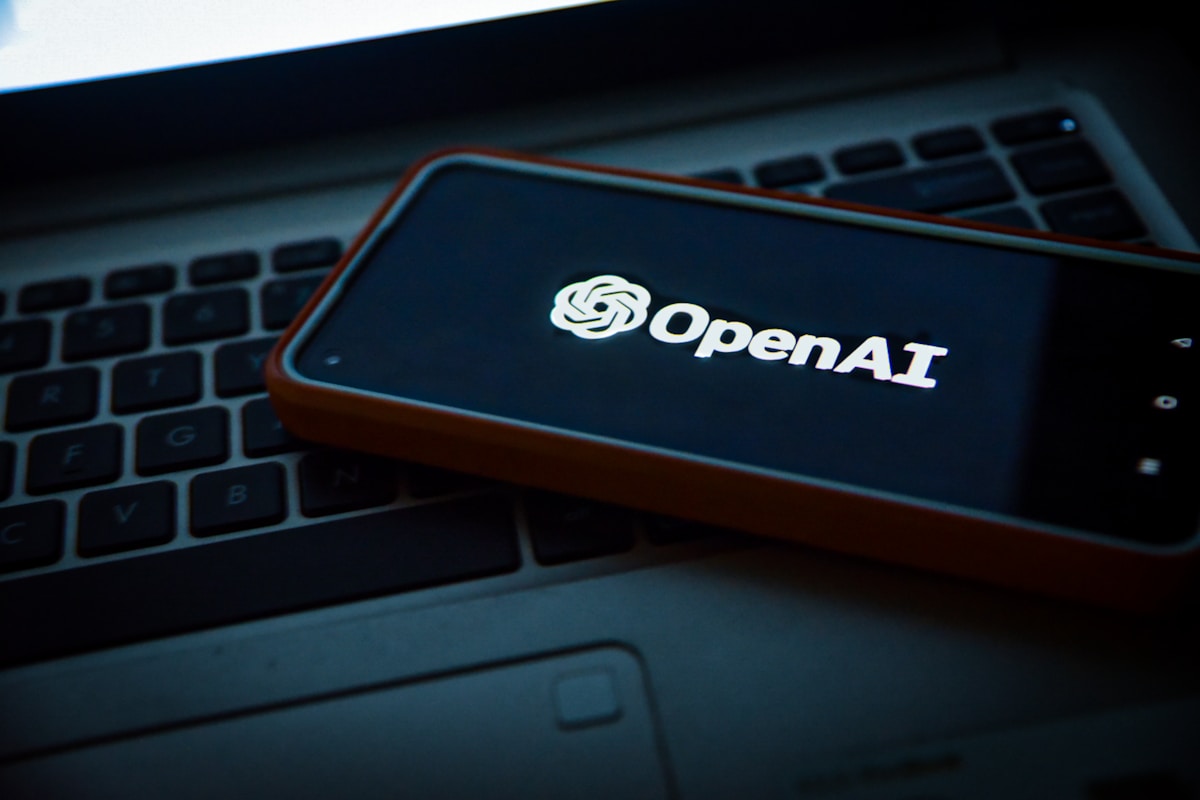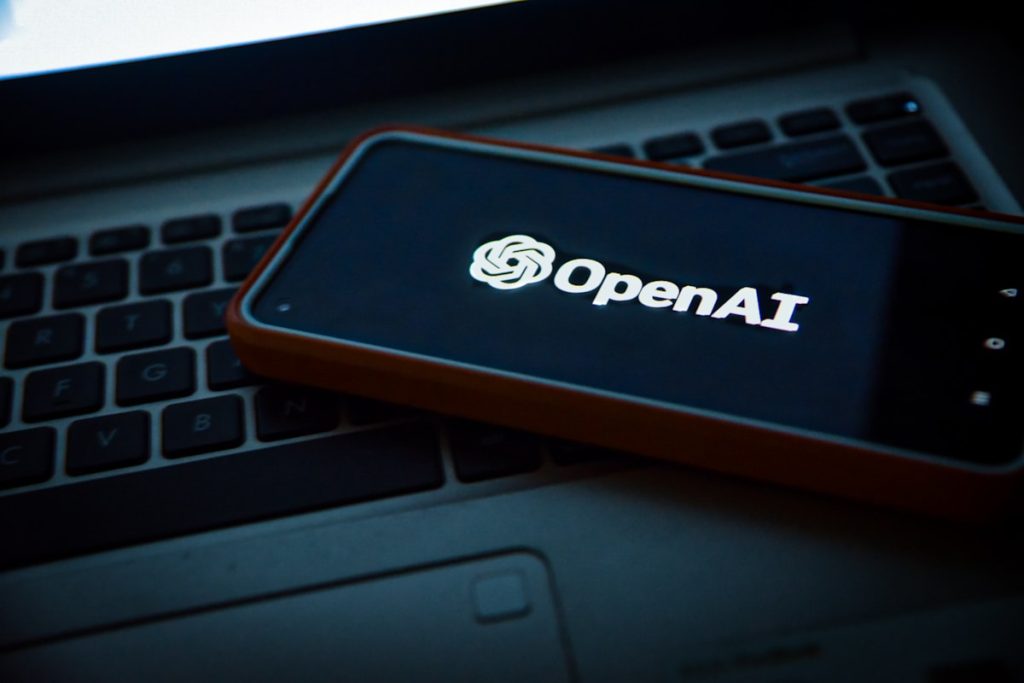OpenAI CEO Sam Altman Heralds New AI Model as Equivalent to a ‘Legitimate PhD Expert’
In a recent keynote address, OpenAI CEO Sam Altman unveiled the company’s latest artificial intelligence model, drawing a bold comparison to the expertise of a “legitimate PhD-level expert” across multiple disciplines. The announcement signals a significant leap in AI capabilities, emphasizing advancements in reasoning, problem-solving, and domain-specific knowledge.
A Paradigm Shift in AI Capabilities
Altman described the new model as a breakthrough that transcends previous generative AI systems, which were often limited to pattern recognition and data replication. “This isn’t just an incremental improvement,” he stated. “We’re now at a stage where AI can engage in deep, logical reasoning and offer insights comparable to those of a highly specialized human expert.”
“Imagine having a collaborator who’s mastered neuroscience, economics, and computer science simultaneously—this model operates at that level of proficiency.”
Technical Advancements Behind the Model
The new AI system builds on OpenAI’s GPT architecture but introduces novel mechanisms for real-time knowledge synthesis and critical analysis. Key enhancements include:
- Dynamic Reasoning: The model can evaluate hypotheses, identify flaws in arguments, and adjust conclusions based on new data.
- Cross-Disciplinary Integration: Ability to connect concepts from disparate fields, such as applying quantum computing principles to biomedical research.
- Ethical Guardrails: Improved frameworks to mitigate biases and ensure responsible application in high-stakes scenarios.
Implications for Industry and Academia
Altman highlighted potential use cases ranging from accelerating drug discovery to optimizing climate models. However, the comparison to PhD-level expertise has sparked debates. Dr. Lena Torres, a machine learning ethicist at MIT, cautioned, “While AI can mimic expertise, it lacks the contextual judgment and accountability of human researchers. Over-reliance could lead to unforeseen risks.”
Balancing Enthusiasm with Skepticism
Despite OpenAI’s claims, some academics question whether the model truly replicates the creativity and intuition of advanced human scholarship. Critics argue that AI, while powerful, remains a tool shaped by its training data rather than an autonomous thinker. Altman acknowledged these limitations but emphasized the model’s role in “augmenting human potential, not replacing it.”
As the technology undergoes third-party evaluation, industries are preparing for potential disruptions—and opportunities—in fields reliant on expert-level knowledge.



